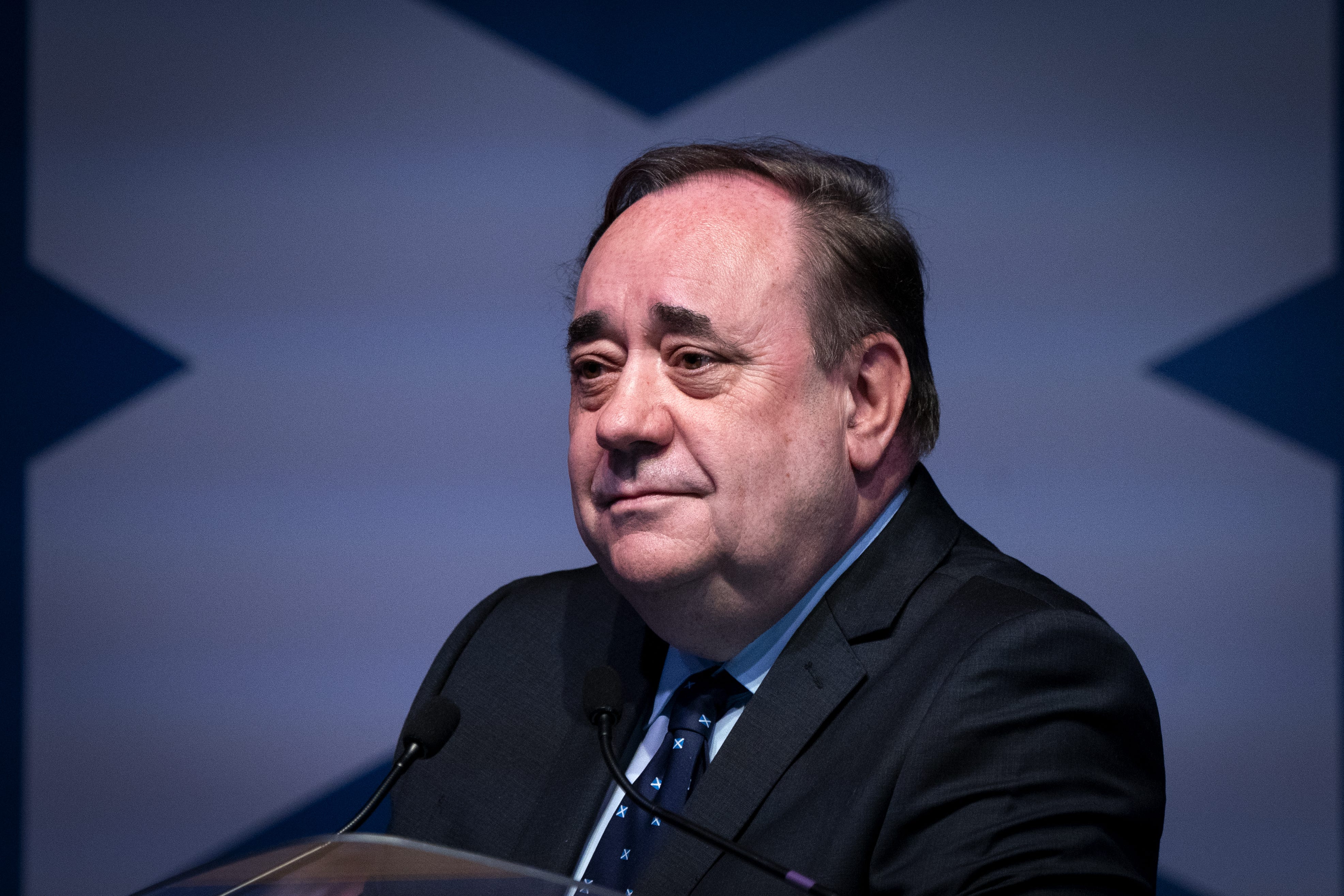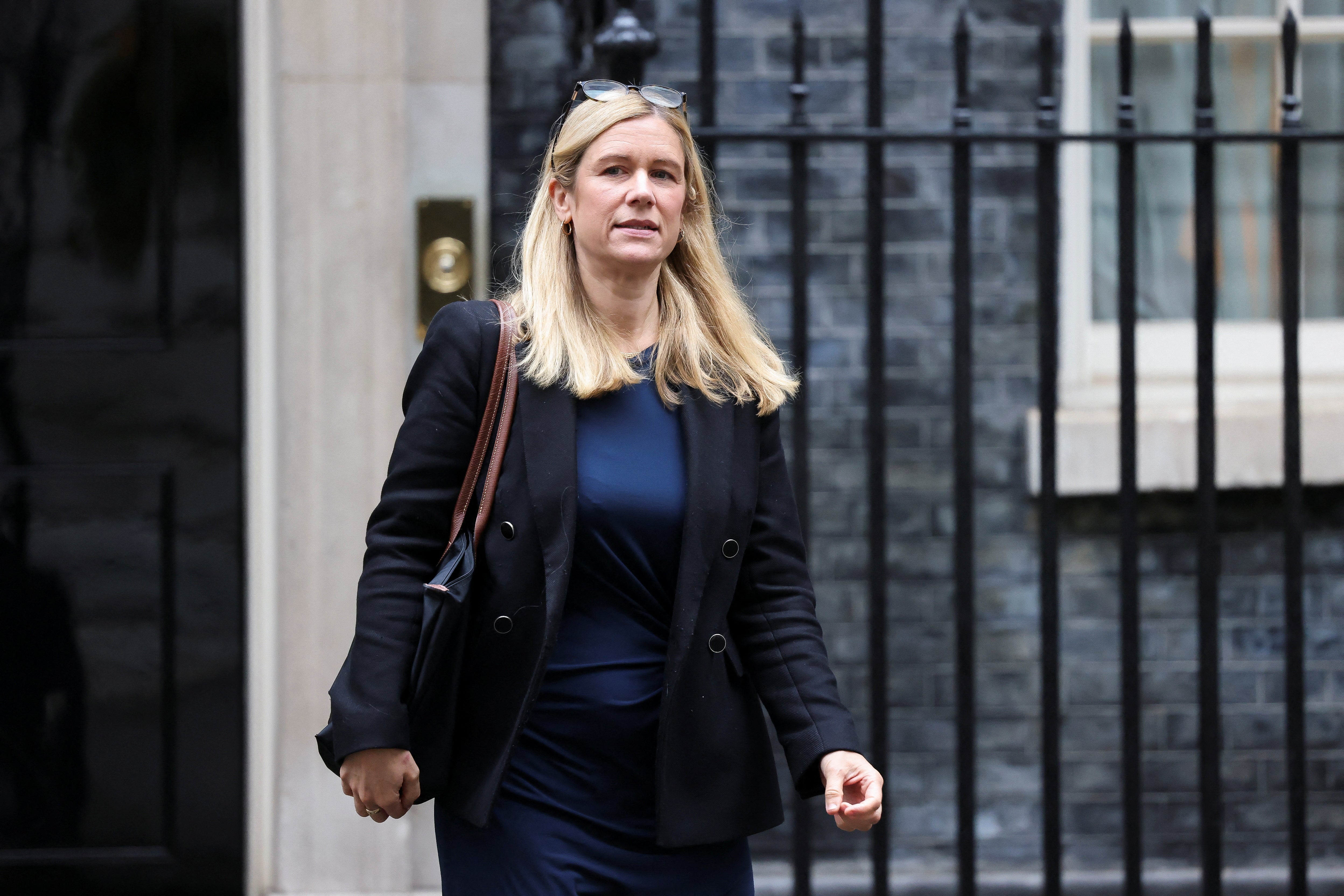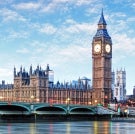The Partygate scandal was “overblown” and the government should not have fined people for “everyday activities” during lockdown, Kemi Badenoch has argued.
In her first media appearance since winning the Conservative leadership, Ms Badenoch was challenged by the BBC’s Laura Kuenssberg over what went wrong under her predecessors after promising to be “honest” about where her party had made mistakes.
Meanwhile, in another admission on Sunday morning, the chancellor acknowledged that she was “wrong” to promise no tax rises during the general election campaign, blaming the previous Conservative government for hiding a “huge black hole” in the country’s finances.
Rachel Reeves was speaking to Sky News’s Trevor Phillips after she announced an overall increase to the tax burden of £40bn in Wednesday’s Budget.
It comes as Labour is facing legal action from a major trade union over its plans to means-test winter fuel payments.
Unite demanded the government reverse its decision or face a judicial review, saying it believes the cut would have a “terrible effect”, with around 10 million pensioners set to no longer receive the benefit from this winter.
Ministers argued the move is necessary to help fill the £22 billion “black hole” they claim the previous Tory government left.
Pollsters warn Kemi Badenoch to avoid being ‘overly combative’ to win back voters
The new Tory leader comes across as “energetic and fresh-faced” with voters, but pollsters have said she needs to avoid being “overly combative”.
“I think that is going to be the defining task of her leadership,” More in Common executive director Luke Tryl told The Independent.
Political correspondent Archie Mitchell reports:
Chancellor defends proposed changes to inheritance tax on farms
Rachel Reeves has defended her proposed reforms to inheritance tax on farms by claiming it is not “affordable” keep the current system.
The Chancellor faced a backlash after using her first Budget to propose changing agricultural property relief (APR) and business property relief (BPR) from April 2026 in a bid to raise more funds for public services.
Budget documents state the Government wants to restrict the “generosity” of APR and BPR for the “wealthiest estates”.
Read the full story here:
Trade union threatens legal action over winter fuel cut
Britain’s largest trade union has threatened legal action over the government’s decision to means-test winter fuel payments.
Around 10 million pensioners will no longer receive the benefit from this winter after the Government decided to restrict payments to people on pension credit in a bid to save money.
Ministers said the move was necessary to help fill a £22 billion “black hole” they claim the previous government left in this year’s spending plans.
But the trade union Unite said it believed the cut to winter fuel payments would have a “terrible effect” on millions of pensioners and demanded the government reverse its decision or face a judicial review.
Unite general secretary Sharon Graham said: “People do not understand, I do not understand how a Labour government has taken away the fuel allowance of millions of pensioners just as winter approaches.
“Given the failure to rectify this in the budget, Unite has now commenced judicial review proceedings challenging the legality of the policy.
“It is not too late for Labour to register the hurt that this cruel policy has caused, step back from picking the pockets of pensioners and do the right thing.”
Watch: Rachel Reeves admits she was wrong about public finances during election
Chancellor: I was ‘wrong’ on taxes during election
Chancellor Rachel Reeves has said she was “wrong” when she said during the election campaign that she would not need to raise taxes, but insisted further increases will not be needed.
During a campaign event on June 11, Ms Reeves said she would not need to raise taxes beyond the increases already set out in the Labour Party’s manifesto.
But delivering her first Budget on Wednesday, she announced £40 billion of tax rises, including increases to employers’ national insurance contributions and changes to inheritance tax and capital gains tax, as she sought to pay for investment in public services such as schools and the NHS.
Read the full report here:
New Tory leader Badenoch promises ‘hard truths’ for country and party
Kemi Badenoch said she will tell “hard truths” to both the country and her party as she began her first full day as Conservative leader.
In her first media appearance since winning the Tory leadership election, Ms Badenoch said the UK is getting poorer and older and being “outcompeted” by other countries.
She told the BBC’s Sunday with Laura Kuenssberg programme: “We need to look at how we can reorganise our economy to be fit for the future, not just doing what we always used to.
Read the full report here:
Police receive ‘non-recent’ allegation of sexual assault against Alex Salmond
Police have received a “non-recent” allegation of sexual assault made against Alex Salmond, who was leader of the Alba Party up until his sudden death last month.
Mr Salmond died of a heart attack on October 12 during a political visit to North Macedonia. His funeral was held on October 29 in Strichen, Aberdeenshire.
Mr Salmond was first minister of Scotland from 2007-2014 under the Scottish National Party (SNP) government.
He resigned in 2018 after a number of allegations of sexual misconduct came to light.
He was later cleared of all 14 charges in 2020 – being found not guilty of 12, while prosecutors withdrew another charge and one was found not proven.
Police Scotland has now said a separate report of misconduct has been filed against Mr Salmond.
A spokesperson said: “We can confirm that we have received a report of a non-recent sexual assault.
“The information is being assessed.”
Responding to coverage of the allegations reported by the media, Alba Party general secretary Chris McEleny said the claims are “smears” and urged for Mr Salmond to be allowed to “rest in peace”.

Worst of Britain’s Brexit pain is still to come, warns Treasury minister
The Treasury economic secretary cited Office for Budget Responsibility (OBR) forecasts that the economy would shrink by 4 per cent in the long run due to Brexit. And Ms Siddiq said that Britain’s imports and exports would end up 15 per cent lower than they would be had the UK stayed in the EU.
Political Correspondent Archie Mitchell reports:
Labour Party chairwoman criticises Badenoch’s Partygate comments
Labour Party chairwoman Ellie Reeves has criticised Kemi Badenoch’s comments on the Partygate scandal in her interview on the BBC’s Sunday With Laura Kuenssberg.
She said: “Listening to Kemi Badenoch dismiss partygate as ‘overblown’ will add insult to injury for families across Britain who followed the rules, missing loved ones’ deaths and family funerals, while her colleagues partied in Downing Street.
Ms Reeves also questioned Ms Badenoch’s pledge to scrap Labour’s controversial independent schools VAT policy as she accused the Conservative Party of not listening or learning.
She said: “Kemi Badenoch must explain where the cuts to state schools will bite after promising unfunded tax breaks for private schools – no wonder she refused to condemn Liz Truss whose mini budget crashed the economy.
“The leader may have changed but on her first day in the job Kemi Badenoch has proved three times that the Tories haven’t listened and they haven’t learnt.”

Is the backlash against Reeves’s national insurance hike justified?
It should probably come as no surprise that what the chancellor, Rachel Reeves, once described as “a tax on jobs” has turned out to be… a tax on jobs. Her decision in the Budget to raise up to £25bn from an increase in employers’ national insurance contributions (NICs) has obviously proved controversial.
A heated but largely inconclusive debate has surrounded the question of whether the move violates Labour’s manifesto promise not to raise taxes for “working people”. But now the change is coming under sustained attack from a number of sectors with tight profit margins, where the employment of lower-paid and/or part-time workers means an immediately higher tax bill for the employers.
In particular, the “secondary threshold” – the level at which employers become liable to pay national insurance on each employee’s salary – will come down from £9,100 per year to £5,000 per year.
This is presenting notable difficulties in the health sector…
Read more here:
Source: independent.co.uk



